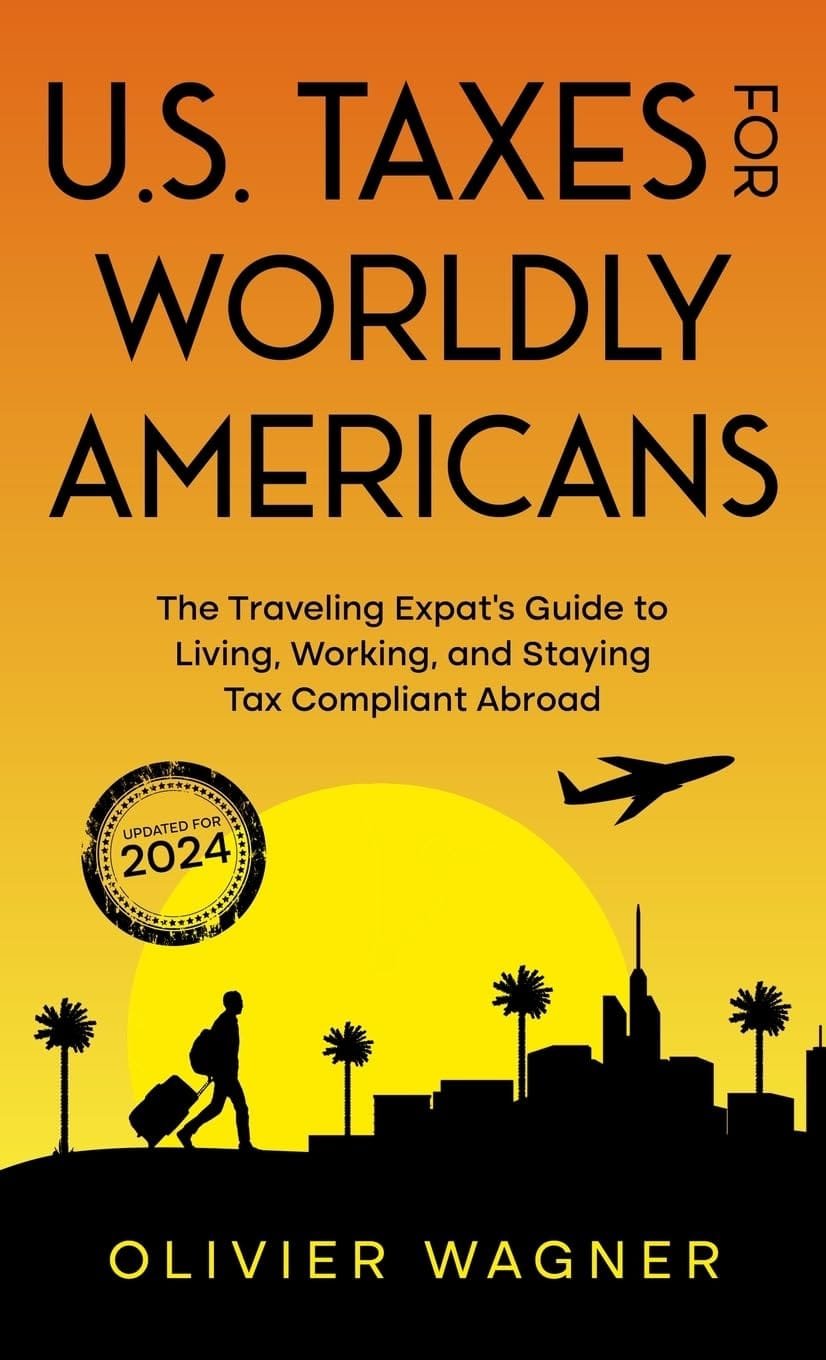The United States has a unique approach to taxation: it taxes its citizens on their worldwide income, regardless of where they reside.
This system, known as citizenship-based taxation (CBT), contrasts with the territorial or residence-based taxation systems employed by most other countries. Understanding how this came to be, how expats can minimize their tax burden, and the legal path to renounce citizenship is critical for U.S. citizens living abroad.
The History of U.S. Income Taxation on Worldwide Income
Early Beginnings: Civil War Era
The roots of federal income taxation in the U.S. trace back to the Revenue Act of 1862, enacted to fund the Civil War. This Act introduced the first federal income tax, applying to citizens regardless of where they resided. Although the tax was repealed after the war, it set the precedent for taxing individuals on their global income.
The Modern Era: The 16th Amendment
The U.S. income tax system as we know it was solidified with the Revenue Act of 1913, following the ratification of the 16th Amendment. This amendment allowed Congress to impose income taxes without apportioning them among the states or basing them on Census results. From this point, U.S. citizens were explicitly taxed on their worldwide income.
Codification and Enforcement
The practice of taxing worldwide income was further formalized in the Internal Revenue Code of 1954, and subsequent updates strengthened compliance requirements for citizens living abroad. The Foreign Account Tax Compliance Act (FATCA) of 2010 added stringent reporting requirements, obligating foreign financial institutions to report accounts held by U.S. citizens. This significantly increased the global enforcement of CBT.

How Expats Can Minimize Worldwide Tax Obligations
While the U.S. requires expatriates to report their worldwide income, there are mechanisms to reduce the actual tax burden:
1. Foreign Earned Income Exclusion (FEIE)
Expats can exclude up to $120,000 (for 2024; indexed annually) of foreign earned income if they meet the physical presence test (330 days outside the U.S. in a 12-month period) or the bona fide residence test (establishing a tax home in a foreign country).
2. Foreign Tax Credit (FTC)
If you pay income taxes in your host country, you can often claim a dollar-for-dollar credit against U.S. taxes owed. This helps avoid double taxation on the same income.
3. Foreign Housing Exclusion/Deduction
For qualifying expenses like rent, utilities, and other housing costs, expats can exclude additional amounts beyond the FEIE.
4. Tax Treaties
The U.S. has tax treaties with several countries that provide additional protections, reduce double taxation, and clarify tax rules for expats.
5. Strategic Financial Planning
Expats should work with a tax professional familiar with U.S. and host country tax laws to optimize their financial situation, including retirement contributions, business income structuring, and investments.
Renouncing U.S. Citizenship: The Legal Remedy
For those seeking a permanent solution to CBT, renouncing U.S. citizenship is the only way to exit the system. However, this decision carries significant implications.
Steps to Renounce U.S. Citizenship
- Obtain Citizenship Elsewhere: U.S. law requires that you hold or be eligible for another citizenship before renouncing.
- File Form DS-4079: Submit this form to a U.S. embassy or consulate to request renunciation.
- Pay the Fee: The current renunciation fee is $2,350.
- Attend an Interview: You must appear at a U.S. embassy or consulate to confirm your intention to renounce.
- File a Final Tax Return: You must file Form 8854 to certify compliance with tax obligations for the five years preceding renunciation.
Pros of Renunciation
- Freedom from U.S. tax reporting and obligations.
- Simplified financial life with no FATCA compliance burdens.
- Ability to integrate fully into the tax and legal system of another country.
Consequences of Renunciation
- Exit Tax: High-net-worth individuals or those meeting certain thresholds may owe an exit tax on unrealized gains.
- Loss of U.S. Citizenship Benefits: Renunciants lose the right to vote in U.S. elections and certain consular protections.
- Limited Reentry Rights: Renouncing doesn’t guarantee visa-free travel to the U.S.
 Purchase on Amazon.com
Purchase on Amazon.com
Conclusion
The U.S. policy of taxing citizens on worldwide income stems from a combination of historical precedent and legislative codification, making it one of the few countries to enforce CBT.
For expats, minimizing tax burdens through exclusions, credits, and treaties can mitigate challenges, but compliance remains complex. Renouncing U.S. citizenship offers a legal escape, but it requires careful planning to navigate the financial, legal, and personal consequences.
Before taking any steps, it’s crucial to consult with tax professionals and immigration attorneys to understand all implications fully. For those who remain, strategic tax planning can significantly reduce burdens while maintaining U.S. citizenship.
#USTaxesAbroad #WorldwideIncome #ExpatTaxes #CBT #ForeignEarnedIncomeExclusion #ForeignTaxCredit #FATCA #USExpats #ExpatLife #RenounceCitizenship #ExitTax #ExpatPlanning #TaxCompliance #GlobalTaxation #TaxTips #USExpatFinance #ExpatsAbroad #TaxMinimization #TaxObligations #CitizenshipBasedTaxation
Charles Bivona Jr., aka Coach JP Money, is a business strategist, financial coach, and founder of CoachJPmoney.com. A lifelong entrepreneur, he launched his first real estate deal at 17 and went debt-free by 1998. Since then, he has built national media brands, advised small businesses, and helped clients grow online using smart strategy, digital tools, and creative grit.
An expat living in Baja, Mexico, Charles also writes and produces music as Johnny Punish and lives off-grid at Hacienda Eco-Domes, a sustainable retreat he built with his wife. Through providing small business services, coaching, writing, and podcasting, he’s on a mission to help others win their future—on their terms.
Read his full bio at PunishStudios.com >>>
Post Views: 83